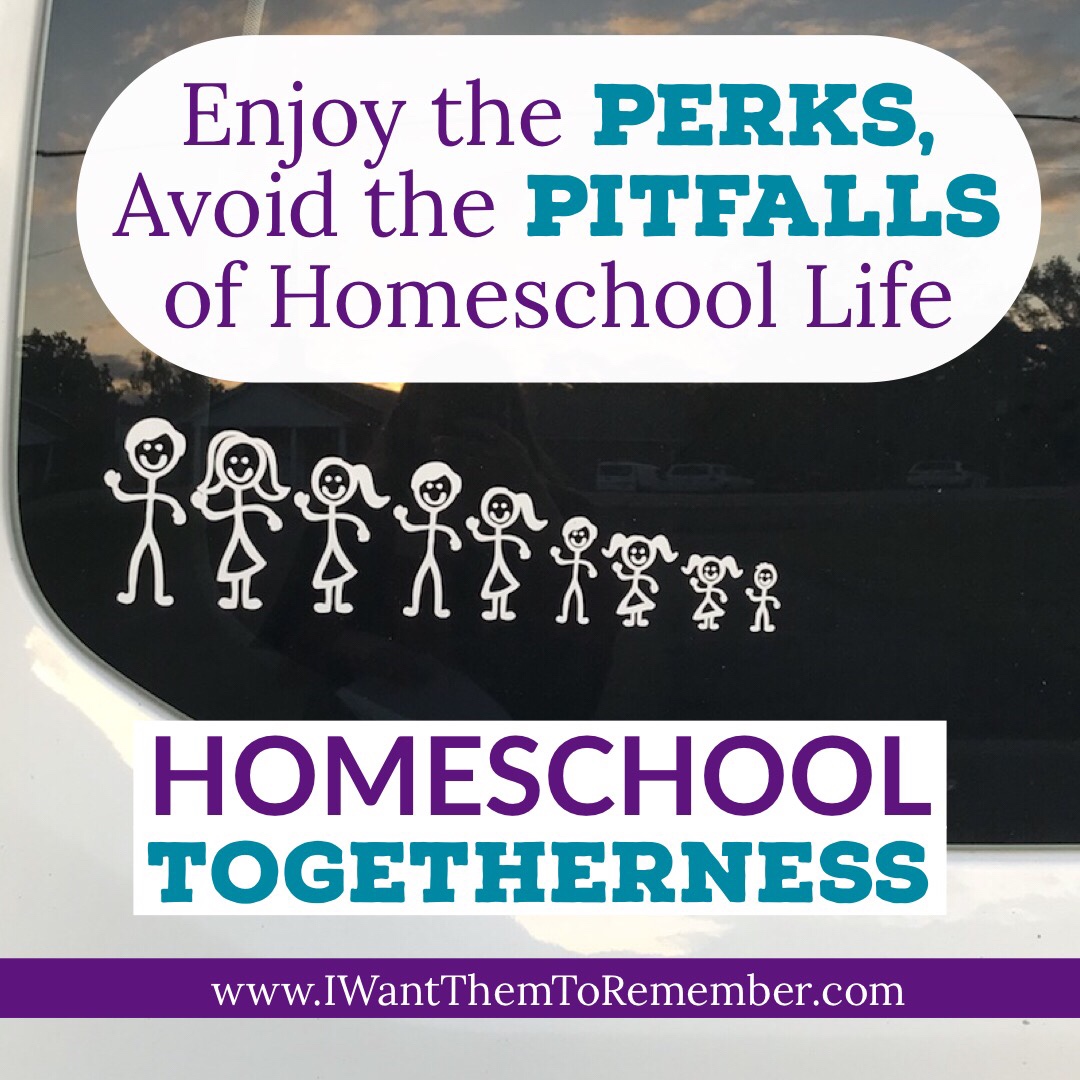This post contains affiliate links by which I may earn a commission to support this ministry and my family at no extra cost to you. Disclosure
Whether because of school shut downs due to the Corona Virus, the need to bring an child home because of excessive bullying, health concerns for a fragile child, or raising a child that needs more individual attention, you unexpectedly find yourself teaching your child at home. Now what? How will you begin those first weeks homeschooling?
If you find yourself suddenly becoming a homeschooling mom, grandparent, or caregiver, here is my best advice after homeschooling over 13 years! My oldest two will graduate this year, though our ceremony may be delayed, and my youngest homeschoolers are just in the 2nd grade. I have lots of experience, but every child and every family is different. Take time to find what works for you and your individual children.

Advice for the First Weeks Homeschooling
First, play!!!
You both need time to decompress and get used to this new normal. Unless your school district actually requires something different, don’t start homeschooling for a while. Sleep in, read, watch good movies, work in the yard, play games (much of this a part of learning anyway).
Don’t try to replicate school at home.
It won’t work and only frustrates both the teacher and student. No need for class periods, desks, etc. Get comfortable. Sit on the couch, stretch out on the floor, sit in a swing outside, climb up in a tree, walk around. Enjoy getting away from the traditional sit-and-learn for a while.
Emphasize “learning” instead of “working.”
A child examining plants outside as the spring transforms our world is learning, but will have no “work” to show for it. That’s ok! A child reading a book is absorbing new vocabulary and ideas, learning sentence structure, and reinforcing grammar and punctuation. A child playing a game is learning sequence, taking turns, logic, and much more depending on the game.
Read, read, read!
Encourage kids who can to read alone, but also read out loud together as a family! Kids can play with blocks, draw, color, etc. while they take turns reading out loud. Also, you might want to consider trying audiobooks. Many are available free at LibriVox or try a subscription to Audible, or our favorite, Scribd (60 Days FREE). Look up the places you encounter in books on a map or find out more about them online.
Check out The Read-Aloud Family or Honey for a Child’s Heart for great book suggestions. Reading aloud is still good for older kids and teens if you choose good books. C.S. Lewis said, “No book is really worth reading at the age of ten which is not equally – and often far more – worth reading at the age of fifty and beyond.” Right now our favorite series is The Green Ember series. (The first book is free with Amazon Prime right now.) We read the first three last year, and are now listening through them again on Scribd because the long awaited Ember’s End was released this month. My husband is even so interested that we have to listen only when he is home!
Choose one or two non-negotiables your child really needs.
If your child is already struggling with math facts, a long break may make things worse. So maybe that’s your non-negotiable—but use games to practice. If your child needs more practice reading, take turns reading a page or have him or her read a paragraph or even just a sentence, then tell you what it said. If your older child or teen needs writing practice, set a goal of a paragraph or two a day, then use Grammarly to show them places to improve.
Choose your non-negotiables as well.
Do not expect to keep house well just because you’re home. Pick one or two things that will effect you the most, such as the kitchen or laundry. Make those a priority and just do the rest as you find time. With kids home, messes are made much faster than you can clean them! If you’re working from home, prioritize your tasks as well, realizing your kids will need both help and supervision with schoolwork.
Start with something fun!
Before you start the harder non-negotiables, do something fun, especially during those first weeks homeschooling. Draw. Make a craft. Read a book just for fun. Watch a video. Dance. Take a walk. Find something they can look forward to each morning.
Use delight-directed learning.
That simply means let your child pursue his or her own interests. Is your child in to cars? Read about, research, draw, and craft all about cars. Find where specific cars are made and look them up on a map. Create a new car with new fun features.
The library is usually the best source for delight-directed learning, but right now some local libraries are closed due to the Corona Virus. In the past, closed libraries would make delight-directed learning difficult, but you can find anything on the internet! Use a safe search engine and explore together!
Don’t fill their time with busy work.
Do things that are productive. Don’t have them copy spelling works 10 times if they already know how to spell them. If your school sends work home, find out what will actually be graded or tested and focus on it.
Soak in the Word of God.
Take time to read and study the Bible together. Make Deuteronomy 6:7 a part of your daily life. Choose a Bible Study relevant to your family life. Not Consumed has some great Bible studies with versions for different ages. Memorize scripture together. (Try putting verses to music for easy learning.)

Ease in to your curriculum.
Whether your traditional school sends work home, or you are choosing a homeschool curriculum, don’t rush in. Take your time. Start one or two subjects at a time. Adjust as needed. It WILL take time to find what works best for your children. Trial and error can be frustrating, but necessary. You are not stuck with the way you homeschool in the beginning.
Of course, if you are homeschooling due to the Corona Virus prevention, your first weeks homeschooling will vary depending on how much work your school sends. Still, it’s okay to spread out the work or choose particular days for certain subjects. You need time to calm fears and help your kids feel secure in an uncertain world.
Looking for curriculum? Check out Schoolhouse Teachers with great courses for all ages for one low price.
Choose a FLEXIBLE routine.
Some kids need the predictability of a routine, but flexibility may be the number one perk of homeschooling. Plan your routine as a basic order of the day, not a rigid schedule, then adapt as needed. Not a morning person? It’s ok to homeschool in the evening. Having a stressful day? Take a break and play a game or go for a walk. Tired of looking at a computer screen? Read or listen to a book. Getting sleepy? Do jumping jacks and drink a glass of juice. Take advantage of schooling outside the limits of the classroom.
Enjoy your time together—especially if it’s temporary (and take pictures).
Remember, children are only in your home around 18 years. Make enough good memories that they far outshine the inevitable horrible days. If you are only homeschooling while school is out for the Corona Virus or just until you can help them catch up, or just until . . . your time is necessarily short. Make lifelong memories in these everyday moments. They don’t all have to be spectacular to be memorable, just the feeling of being together makes the memories special.

Trust God’s plan for your family.
Although we feel called to homeschool full time, God has a unique plan for each family. He will give you everything you need for this time. (Philippians 4:19)
Remember, this season may not be easy for you, but God has planned it for your good and His glory. And, who knows, you may love homeschooling and decide to try it long-term! Or maybe you will at least appreciate your child’s teacher and your homeschooling friends when it’s all said and done!









I’m doing this homeschooling this montessori style. They have subjects they are required to study, but for the most part they can choose how to study. The only one I am strict on is my 8th grader with Algebra. She has to use Khan Academy for that one.
Awesome! I’ve read some about Montessori and really looks like a great approach. I’ve seen some people talk about loving their Montessori schools. Math is definitely one that needs more structure. Not many kids would choose to learn Algebra! My Senior son is using Khan for Pre-Calculus. The videos are so much better than the paid course he tried before. Have a great wrap to the school-year!